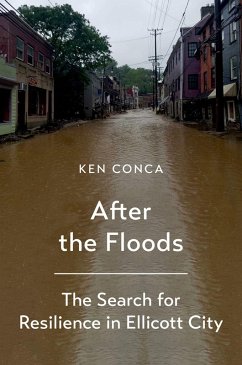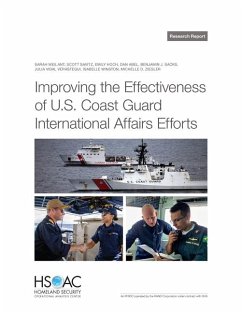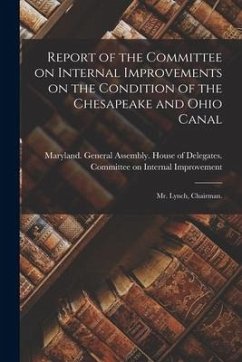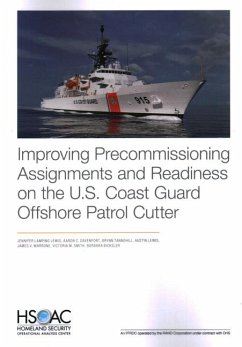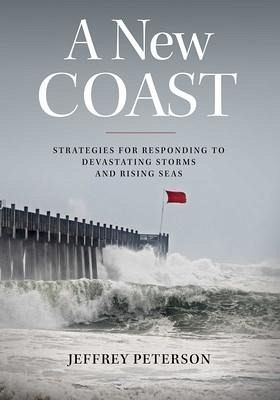
A New Coast
Strategies for Responding to Devastating Storms and Rising Seas
Versandkostenfrei!
Versandfertig in über 4 Wochen
49,99 €
inkl. MwSt.

PAYBACK Punkte
25 °P sammeln!
"This is a timely book... [It] should be mandatory reading..." -- Minnesota Star Tribune More severe storms and rising seas will inexorably push the American coastline inland with profound impact on communities, infrastructure, and natural systems. In A New Coast, Jeffrey Peterson presents the science behind predictions for coastal impacts and explains how current policies fall short of what's needed to prepare for these changes. He outlines a framework of bold, new national policies and funding to support local and state governments. Peterson calls for engagement of citizens, the private sect...
"This is a timely book... [It] should be mandatory reading..." -- Minnesota Star Tribune More severe storms and rising seas will inexorably push the American coastline inland with profound impact on communities, infrastructure, and natural systems. In A New Coast, Jeffrey Peterson presents the science behind predictions for coastal impacts and explains how current policies fall short of what's needed to prepare for these changes. He outlines a framework of bold, new national policies and funding to support local and state governments. Peterson calls for engagement of citizens, the private sector, as well as local and national leaders in a "campaign for a new coast." This is a forward-looking volume offering new insights for policymakers, planners, business leaders preparing for the changes coming to America's coast.



